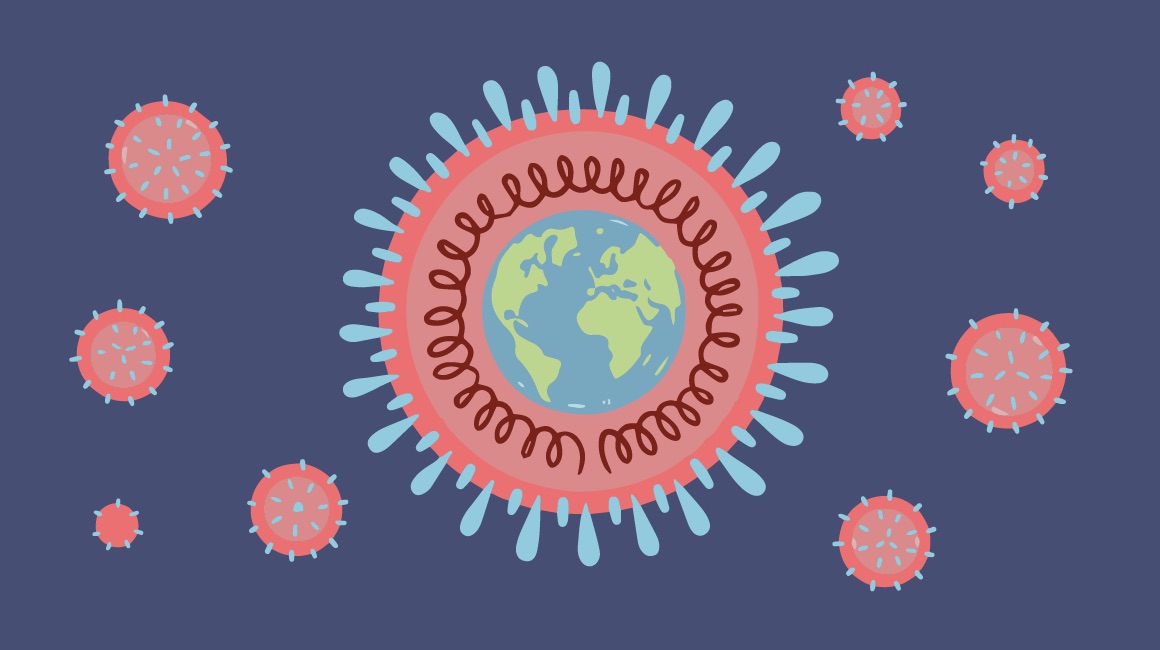
By Hannah Lee
The CDC defines Long COVID as “signs, symptoms, and conditions that continue or develop after acute COVID-19 infection.” Long COVID is a wide range of complications and health problems that can last for months to years. The CDC has a list of some common symptoms but notes that it is not a comprehensive list. Some of the symptoms include tiredness and fatigue, brain fog, fever, difficulty breathing or shortness of breath, dizziness, heart palpitations, stomach pain, and joint and muscle pain.
While those with severe cases of COVID that require hospitalization may be more at risk for Long COVID complications, anybody who has been infected with the virus is at risk, and each consecutive infection further increases the chances of developing Long COVID. In 2022, a systematic review done in Germany found that kids are just as at risk of contracting Long COVID as adults; another systematic review done in 2023 found that 16% of kids had persistent symptoms three months after having COVID.
Researchers at Washington University in St. Louis found that kids especially may remain undiagnosed because they do not have the vocabulary to talk to adults about their symptoms, or do not recognize that something is amiss. Long COVID is also commonly misdiagnosed as anxiety because they share some symptoms.
The CDC also states that those who are unvaccinated are at a higher risk for developing Long COVID than those who are vaccinated, and they are still working to understand why certain groups of people are more prone to these complications than other groups.
Those who had severe COVID-19 infections have a higher chance of developing autoimmune disorders that can last weeks, months, and years, that can affect many organs and body systems. Some of the conditions that the CDC lists that can develop are diabetes, heart conditions, blood clots, and neurological conditions. This phenomenon of developing an autoimmune disorder as a result of another condition, such as Long COVID is called comorbidity or co-occurrence.
The CDC says,“Studies are in progress to better understand Long COVID and how many people experience them.” COVID is only in its fourth year and there is still much we do not know.
The safest thing that everybody can do now to lower the chances of developing Long COVID is to mask up and stay home when you’re sick. Speak with a medical professional if you have any concerns, and get the latest COVID booster which is available at our local pharmacies such as Bartell Drugs or Safeway.
